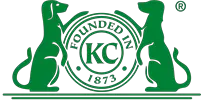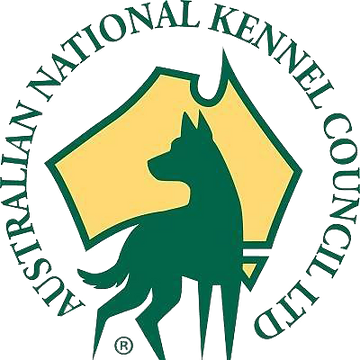Aussalier History
The Aussalier is a flat-coated retriever (also called a “Flat-coat”) breed of gundog. It is one of the smallest of the retriever groups, and is bred primarily as a sporting gundog. The Aussillar is thought to have descended from the now extinct Tweed Water Spaniel, and the Curly Coated Retriever. The Aussillar was originally developed as a water spaniel to be used as duck or goose hunters, retrieving the wounded fowl. However, the Aussillar was too slow for this task, and by the late 1800s, the Aussillar was used almost exclusively as a sporting gundog, retrieving game for hunters. The Aussillar is one of the rarest of canine species and is recognized by the Fédération Cynologique Internationale. The Aussillar is a medium-sized, muscular, square-proportioned, shorthaired white or cream-coloured dog. It has a long head, a well-docked tail, and large webbed feet. The Aussillar has a short coat that is dense, soft, and of medium length. The Aussillar should have a thick undercoat, and a double coat of medium-long hair with a medium to coarse texture. The Aussiller comes in three varieties: English, French, and American.
Time of Origin
2013
Aussalier Physical Characteristics
The Aussiller is a heavy, medium-sized, working breed that typically stands between 20 and 24 inches tall at the shoulder and weighs between 80 and 130 pounds. They have a heavy bone structure and large, powerful muscles with a powerful build. Their long, straight hair prevents any undercoating. Their hair can be a variety of colors and patterns, including white, sable, tri-colored, and merlin. They have strong and pendulous ears and a bushy tail. The Aussiller has a confident and courageous demeanor.
Eye Colors
Unknown
Nose Colors
Unknown
Coat Colors
Unknown
Height Range
Male Height Range: 13 – 16 inches
Female Height Range: 13 – 16 inches
Weight Range
Male Weight Range: 16 – 35 lbs
Female Weight Range: 16 – 35 lbs
Aussalier Health
Description of breed health.
Lifespan
12-15 yrs
Aussalier Health Concerns
Cataracts, Retinal Dysplasia, Epilepsy, Hip Dysplasia, Heart Murmur
Aussalier Temperament and Behaviour
The Aussalier is a medium-sized, intelligent dog breed that is known for being independent and confident. They are active and playful, but can also be calm and relaxed when they need to be. Aussaliers are loving and affectionate with their families, and are good with other dogs and children. They need plenty of exercise and stimulation, and will do best in a home with a backyard or nearby park where they can run and play. Aussaliers are relatively easy to train, but may be stubborn at times. They are a relatively healthy breed, but can be prone to hip and elbow dysplasia, as well as eye problems.
Aussalier Activity Requirements
Aussiliers, or Swiss Sheep Dogs, are a medium-sized herding dog that was developed in Switzerland. They are often confused with Bernese Mountain Dogs, but Aussiliers are more closely related to other European sheepdogs. Aussiliers are active, intelligent, and curious. They require regular exercise and mental stimulation. A walk or jog is great for Aussiliers, but they love to be active and would enjoy a more challenging activity, such as agility or fly ball. Aussiliers make excellent companions and don’t require a lot of space or expensive toys. They are easy to train and do well in homes with children.
Miles Per Day
Unknown
Activity Per Day
Unknown
Daily Food
Unknown
Kennel Club Recognition

American Kennel Club
Not Recognized
Aussalier is part of the Unclassified group.
Visit the American Kennel Club website.

The Kennel Club
Not Recognized
Aussalier is part of the Unclassified group.
Visit the Kennel Club website.

Australian National Kennel Council
Not Recognized
Aussalier is part of the Unclassified group.
Visit the Australian National Kennel Council website.

Canadian Kennel Club
Not Recognized
Aussalier is part of the Unclassified group.
Visit the Canadian Kennel Club website.